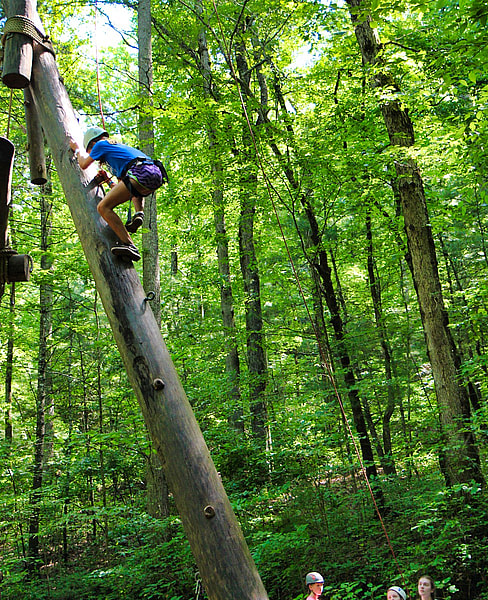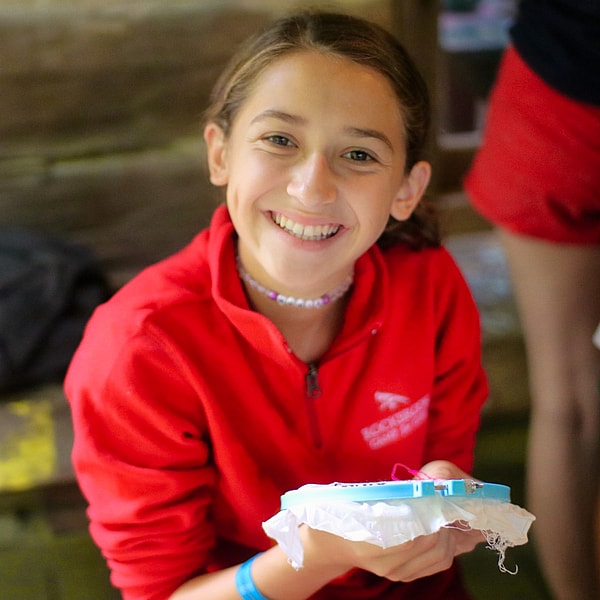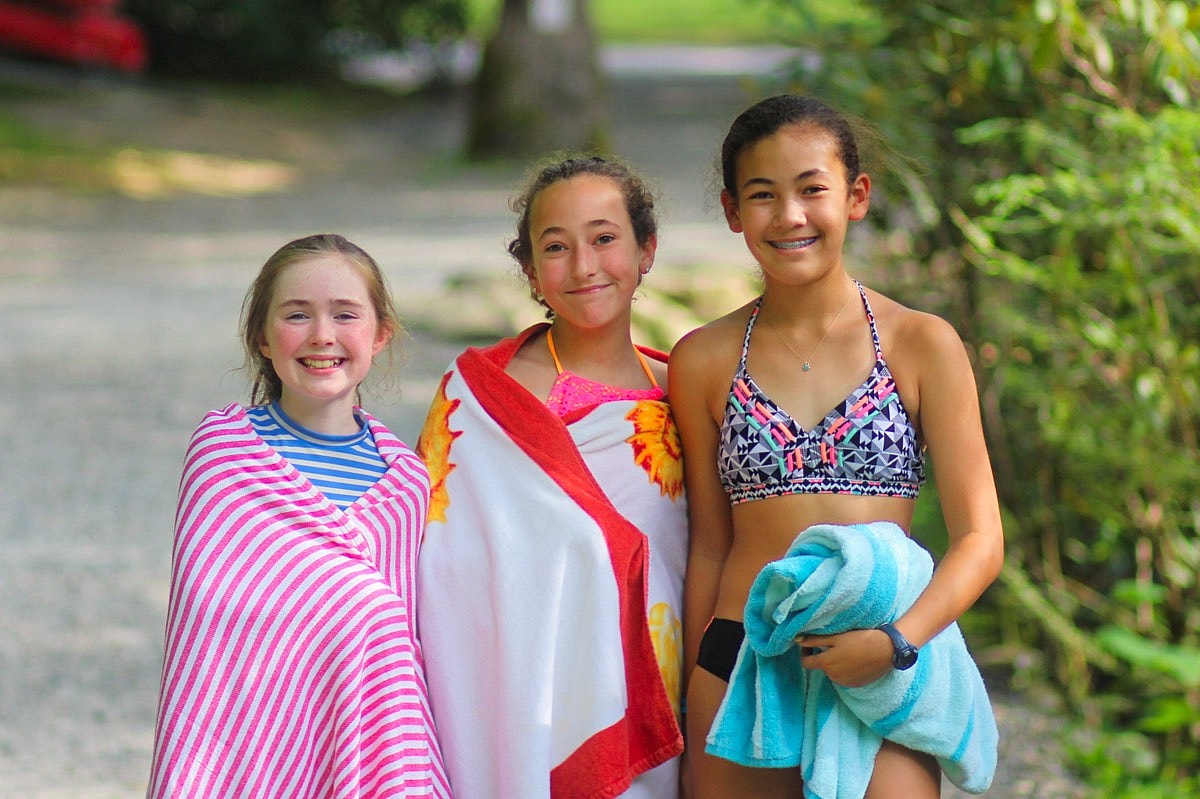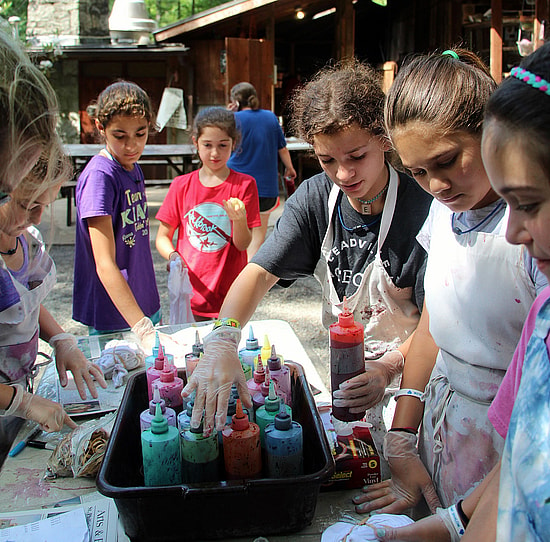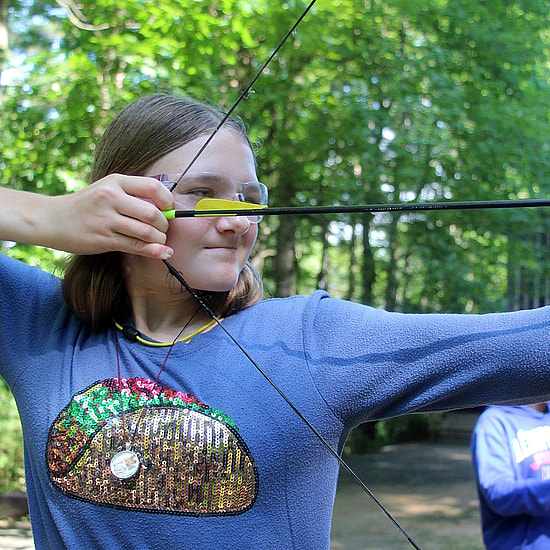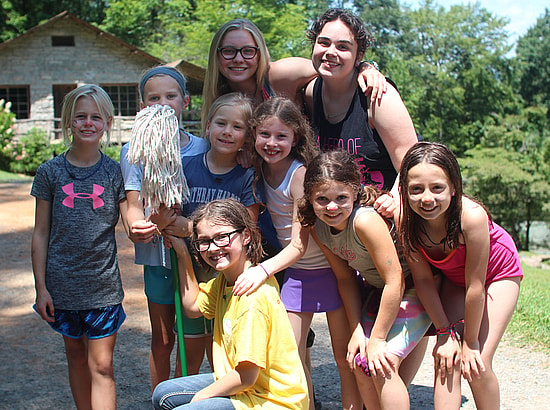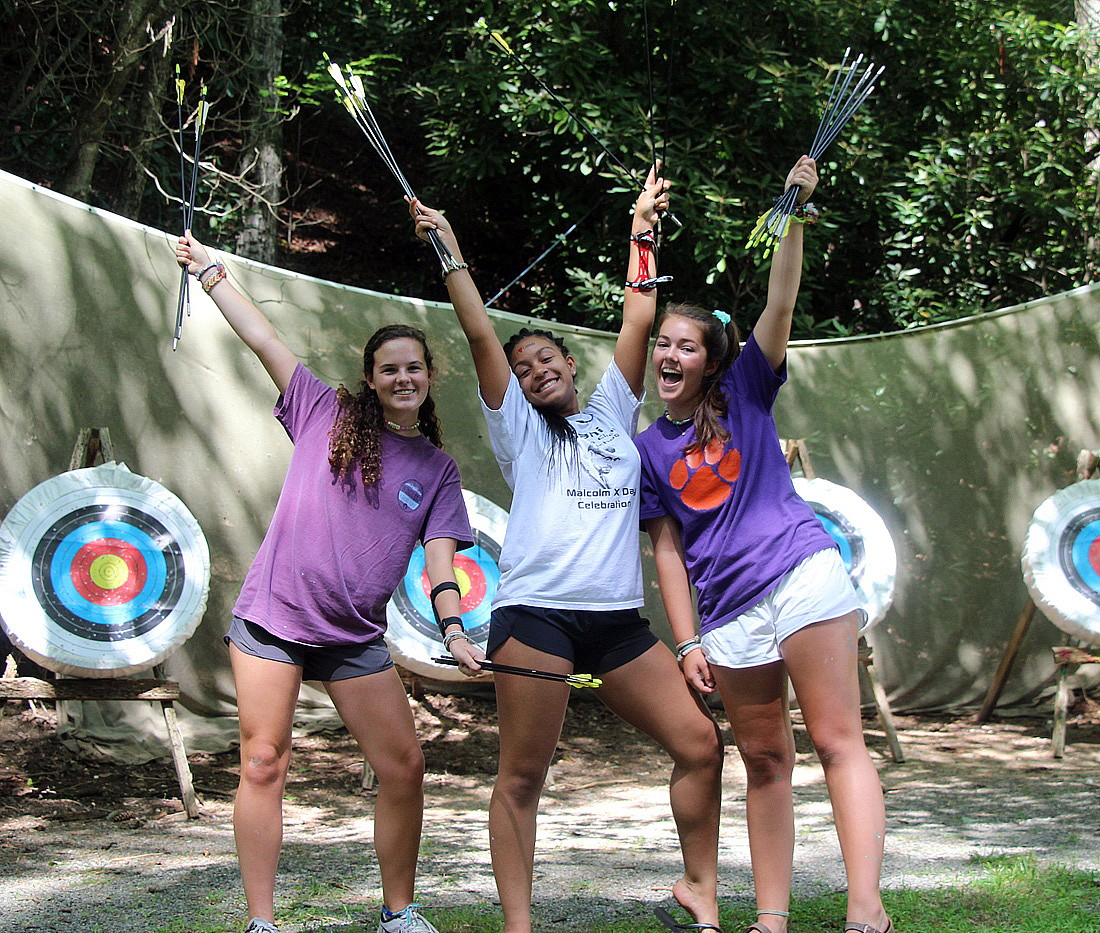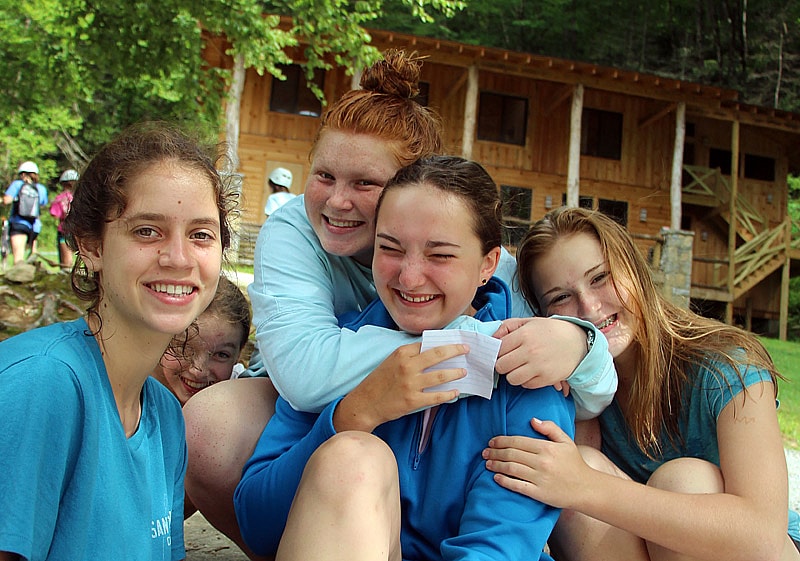The other day a father said to me that the break from technology use, particularly the break from “being on a smartphone,” that camp provides is “one of the best things about it.” While I was sympathetic, as I think most parents are these days —all of us wishing our kids weren’t so tightly tethered to their phones— I was surprised this dad had singled out this camp policy as a benefit. It’s odd that there’s something many of our kids use everyday during the school year, that when taken away, it’s considered a good thing.
Why Rockbrook prohibits smartphones at camp is obvious in some ways. We want girls to focus on camp, not be concerned about what’s going on otherwise. For example, being able to communicate with friends and family “back home” could lead to more severe bouts of homesickness. For many, the allure of their smartphone would be a distraction from, if not a serious impediment to, all that camp has to offer. Camp life means bodily inter-action with real friends, stimulating exploration of the natural world, the challenges and rewards of living in a close-knit community. It doesn’t take much imagination to see how this is the opposite of the virtual, filtered and idealized world portrayed on our tiny screens.
But I think this dad was implying something more serious. Perhaps he was expressing the hunch many of us share, namely that our smartphone use is causing personal damage, something like smoking was for a previous generation. There are consequences lurking among the conveniences.
We’ve already seen this argument being made, that smartphone use, particularly among adolescents, is a public health concern. For example, Professor Jean M. Twenge has attributed the high rate of teenage depression and suicide, anxiety, unhappiness and loneliness to current smartphone trends— particularly as social media has become a substitute for face-to-face socializing. I wrote about this last summer.
OK, but there’s something else, another reason why putting down their smartphones, taking a break from the flicker of social media and Internet entertainment, is a good thing. And it’s because there’s another more subtle, and therefore more insidious, consequence to their use. It’s this:
a significant weakening of self confidence.
I believe too much time residing in the virtual world of the Internet, ingesting the narrowness of social media posts, relying exclusively on passive electronic entertainment, and limiting one’s knowledge of the world to what’s been edited, photoshopped, or curated according to unspoken biases, are habits that sow feelings of doubt, inadequacy, and often anxiety. There’s an inherent distortion to what is learned from these sources that make one’s personal abilities, possessions, even appearance seemed flawed or deficient. I think there’s real power here, and over time, who we are can be shaken and our confidence undermined.
For young people who are at a critical time in their lives when they are developing a sense of self, I think the negative effects can be even more severe. Using your phone can too easily be a crutch, an escape from challenges, a constant lifeline effectively crippling one’s sense of independence. You can see why using this technology can become a habit; it’s what comforts you when things get tough, and while that may satisfy, it can likewise create further anxiety that deep down you aren’t capable. This seems to me to be a dreadful consequence.
So yes, it is an important benefit to camp life. Ditching technology not only allows our campers to focus on camp, to boost their independence living away from home, and to engage the real world and real friends, it also gives them a break from the confidence killing forces that come with smartphone use. Camp life boosts girls’ confidence, and excluding technology is an important part of that process.
All of this makes me wonder what we should be doing the rest of the year when the communication benefits of smartphones are too important to give up. There seems to be no choice but to accept the negative consequences that come with the technology. At the very least, if we recognize those consequences, we might protect our children when they are most vulnerable by limiting their access to smartphones, and providing them more camp-like experiences. We know why camp is great. Let’s do more of that.



